Your Trip, Your Way
Pick from our curated packages for an easy start, or work with our specialists to design a custom itinerary that fits your group perfectly.
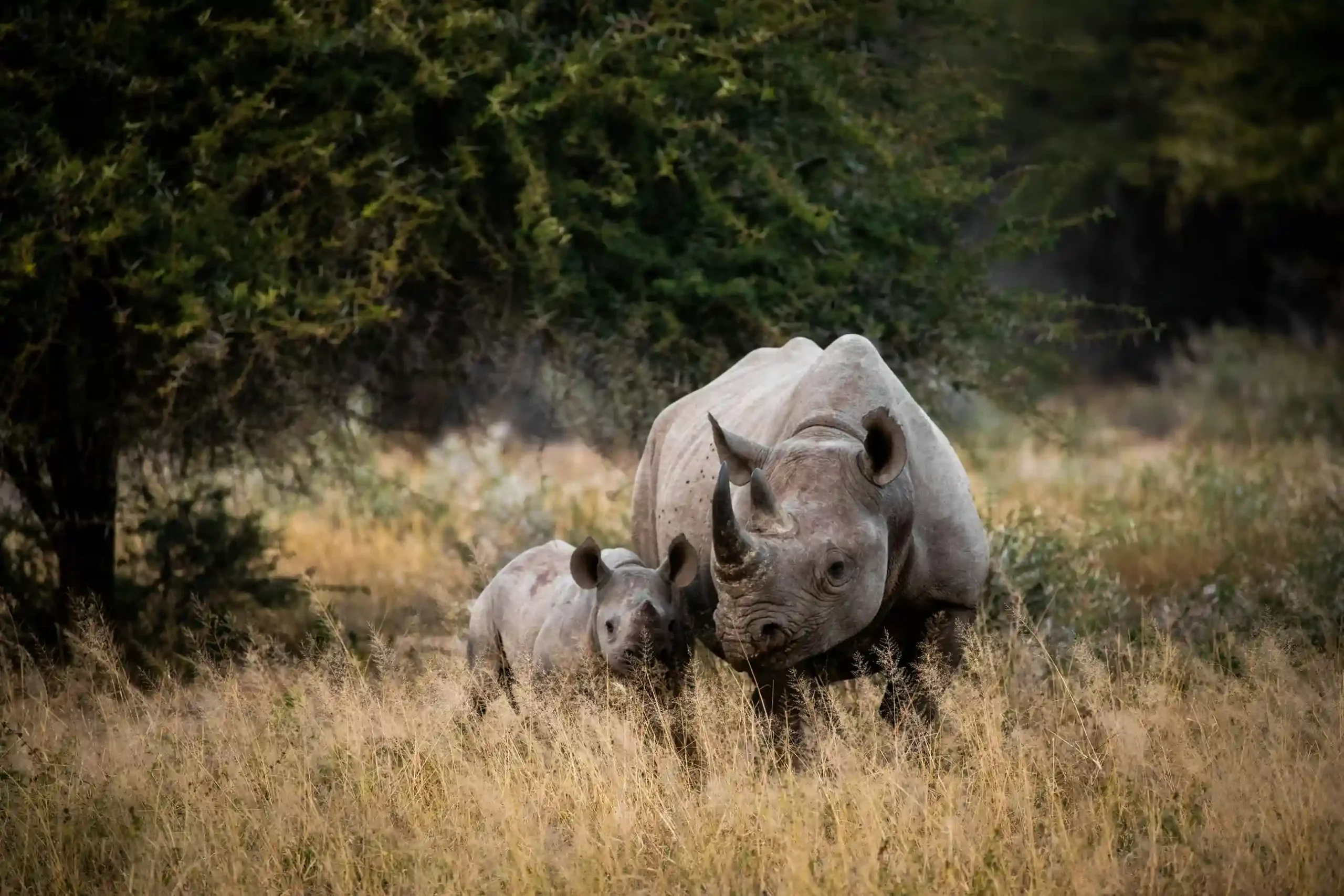
Few travel experiences compare to an African safari. It is a chance to see wildlife up close, connect with nature, and explore some of the most breathtaking landscapes on Earth.
But planning a safari can feel overwhelming. Where should you go? When is the best time? What will it cost? And how do you make sure you are prepared? This guide breaks it all down, giving you the essentials, insider tips, and curated package ideas to help you plan your first or next African safari with confidence.

Reviewed with our Kenya specialist to add authentic knowledge of wildlife and traditions.
Before you dive into the details of destinations and itineraries, there are a few essentials every traveler should know. These quick facts will help you set realistic expectations and plan smarter.
Peak safari season runs during the dry months (July to October and December to February). This is when wildlife gathers around waterholes and the Great Migration is at its most dramatic.
Kenya and Tanzania stand out as the ultimate safari destinations, thanks to the Serengeti, Maasai Mara, and the Great Migration. South Africa, Botswana, and Zambia also offer remarkable experiences, but East Africa remains the top choice for first-time travelers seeking iconic wildlife and landscapes.
Budgets vary widely. You can expect about $200–$300 per day for budget camping safaris, $400–$700 for mid-range lodges, and $800–$1,000+ for luxury safaris.
A minimum of 5–7 days gives you enough time to see multiple parks and really immerse yourself in the experience. Longer trips allow for deeper exploration and less rushed travel.
Guided safaris are safe as long as you follow your guide’s instructions. Most camps and lodges are well-prepared for travelers, and risks are minimal if you respect the rules of the bush.
A safari is more than a checklist of animals. Slow down, disconnect from Wi-Fi, and enjoy the magic of the bush. Some of your best memories will come from quiet moments in nature
If you prefer a ready-made itinerary crafted by experts, our curated safari packages take the guesswork out of planning. Each trip balances wildlife, culture, and comfort, giving you the best of Africa without the stress of organizing everything yourself.
Here are four popular options:
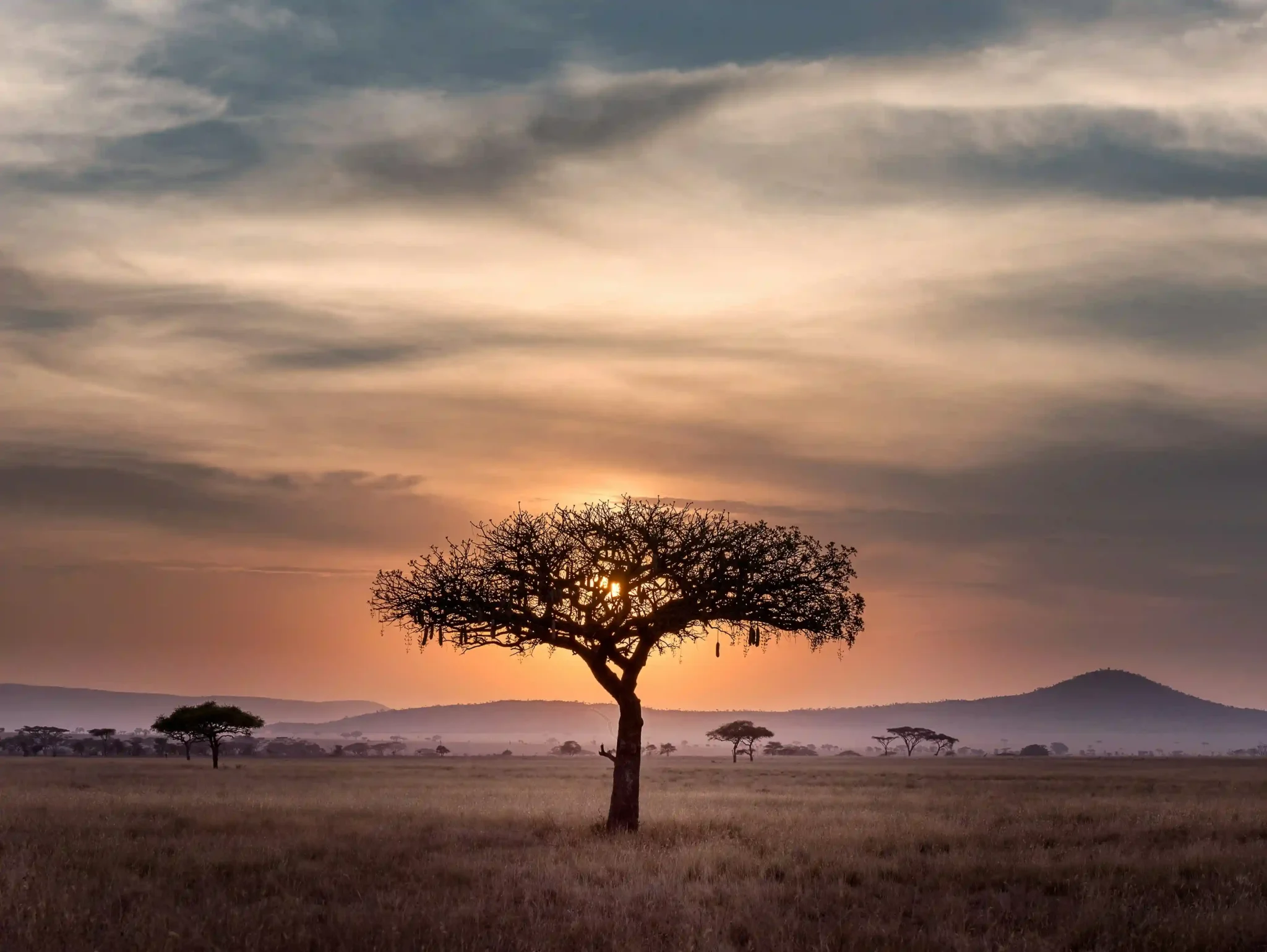
Wonders of Kenya (9 Days)
Experience Kenya’s finest wildlife reserves in a shorter, action-packed itinerary. Perfect for travelers who want to see the Big Five, witness breathtaking landscapes, and immerse themselves in Maasai culture.
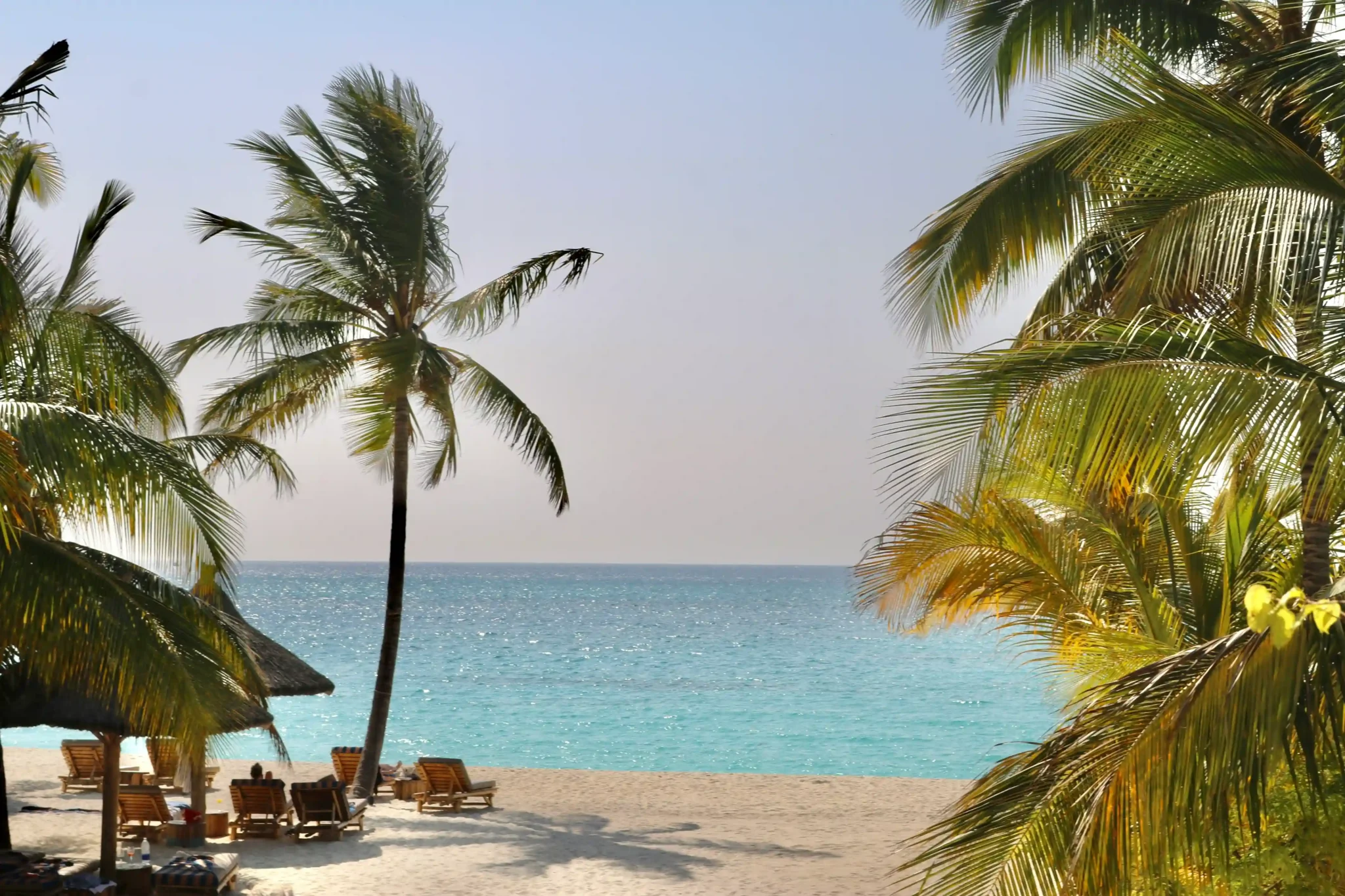
Wonders of Kenya with Zanzibar Island Escape (12 Days)
A journey through Kenya’s most iconic parks, including Aberdare, Samburu, Ol Pejeta, Lake Nakuru, and the Maasai Mara. End your adventure with a few days of relaxation on Zanzibar’s white-sand beaches, exploring Stone Town and a spice farm.
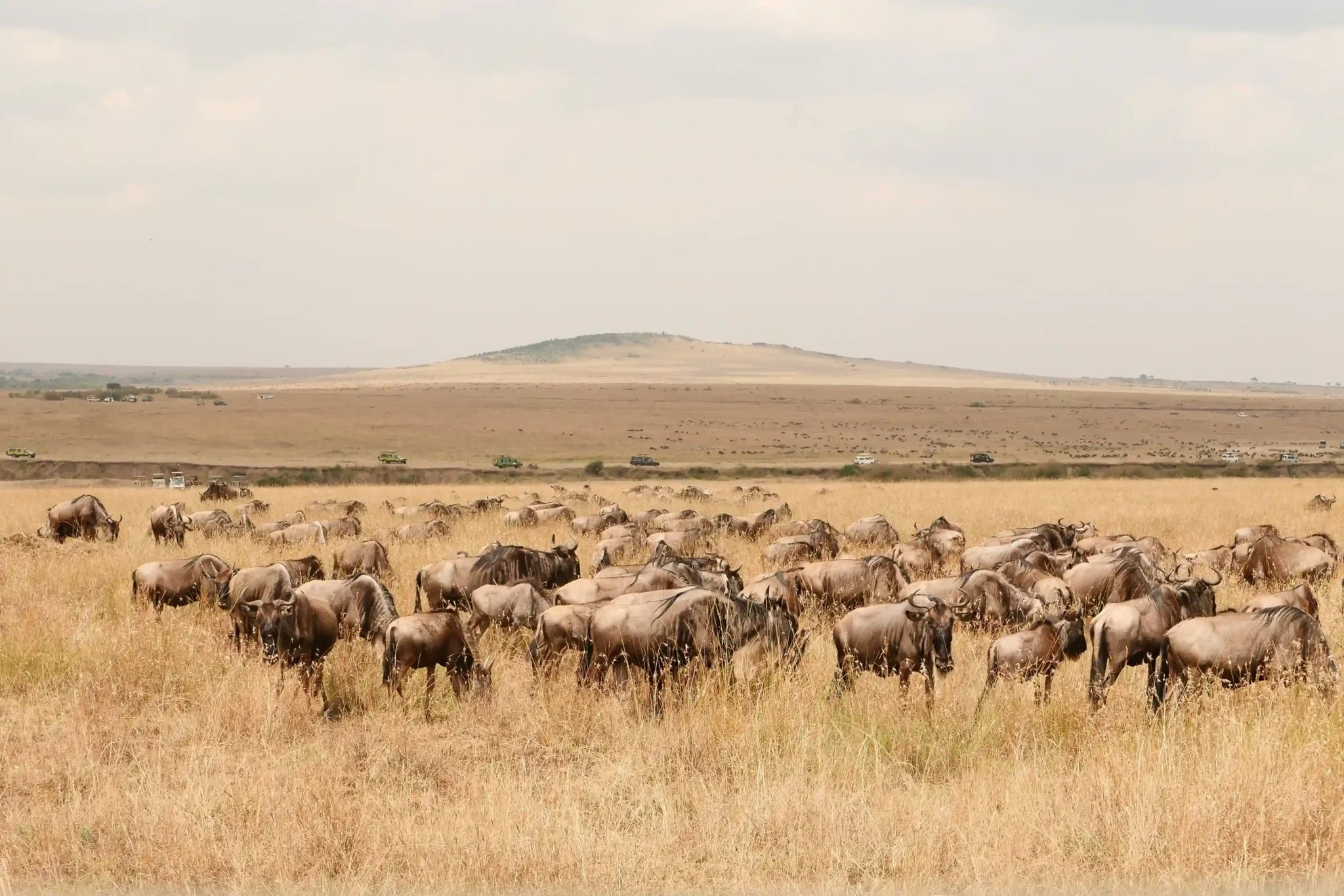
African Safari Adventure (14 Days)
A classic safari designed for wildlife enthusiasts. Spend your days spotting elephants, lions, and giraffes in world-famous national parks, with evenings spent in charming lodges and camps.
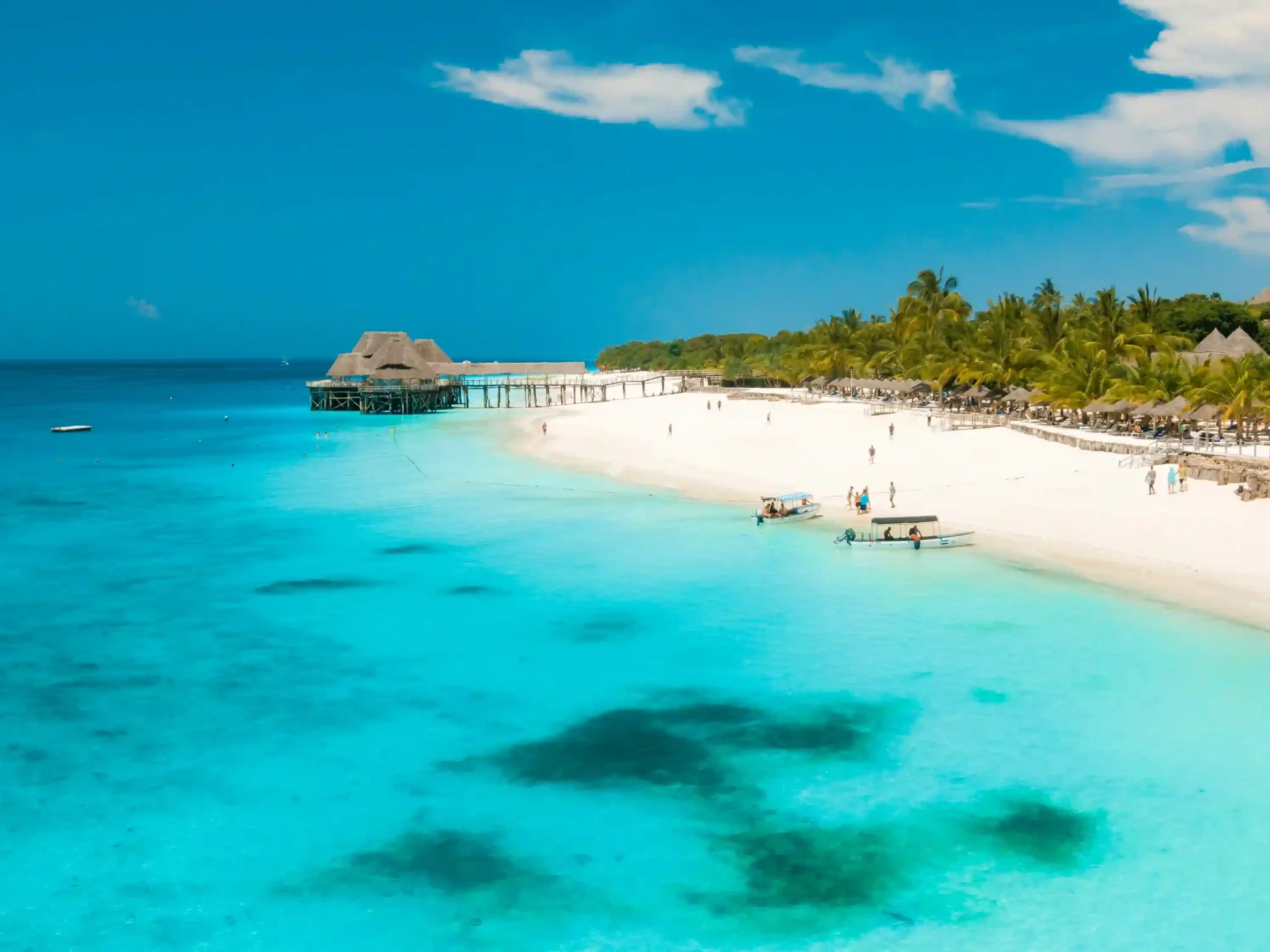
African Adventure with Zanzibar Island Escape (17 Days)
A longer, more immersive experience that blends thrilling game drives across Kenya with cultural encounters and extra time on the beaches of Zanzibar. Designed for those who want a balance of exploration and relaxation.
Africa is vast, and each region offers a very different safari experience. The right destination depends on what you want to see, how much time you have, and the type of adventure you’re after.
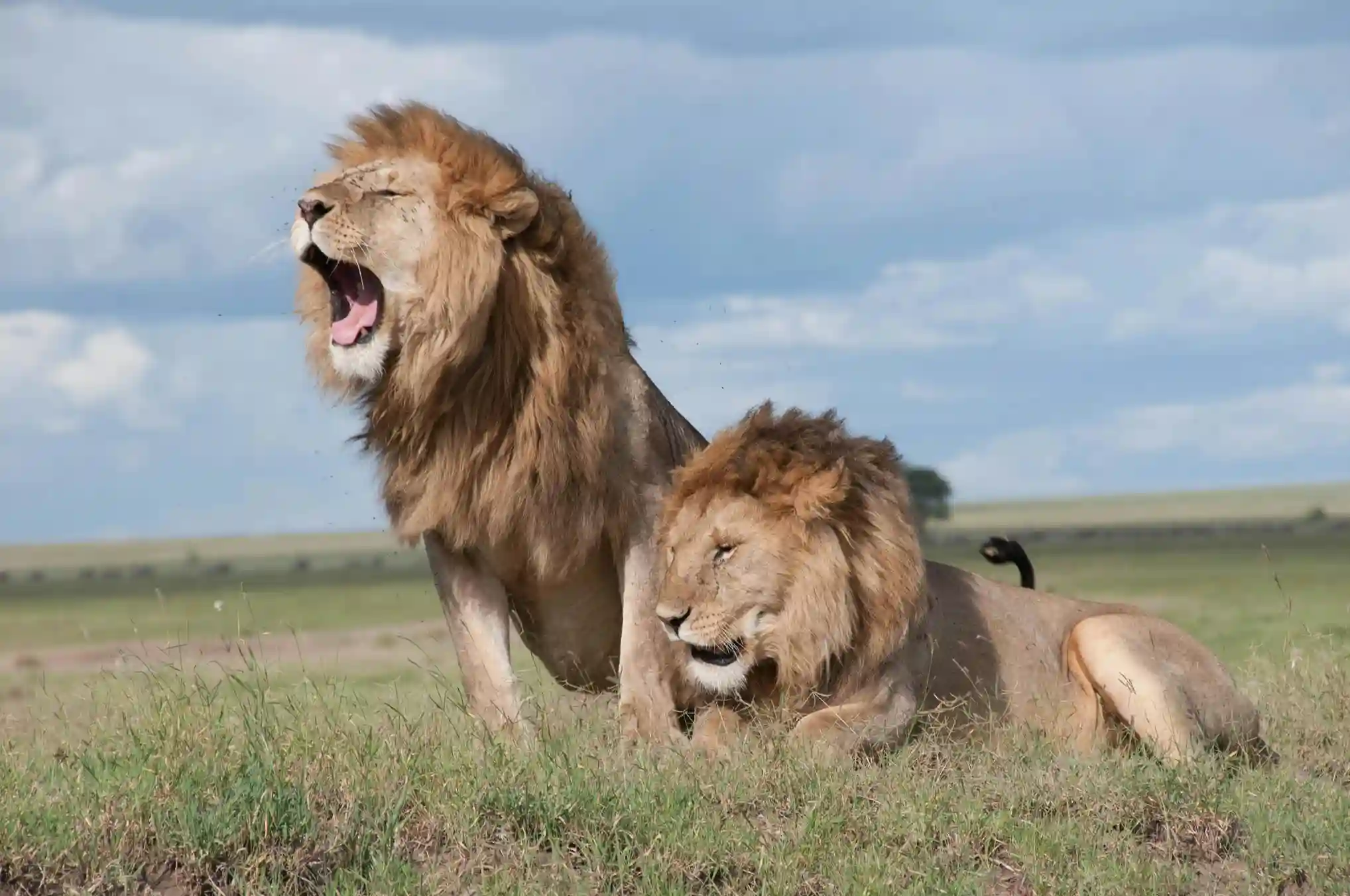
Timing is one of the biggest factors in shaping your safari experience. Wildlife movements, weather, and even costs all shift with the seasons.
If your priority is the Great Migration, plan for July–October in Kenya’s Maasai Mara or December–June in Tanzania’s Serengeti. If you prefer a quieter, more affordable trip, the green season offers great deals and fewer vehicles at sightings.
Pick from our curated packages for an easy start, or work with our specialists to design a custom itinerary that fits your group perfectly.
Not all safaris are the same. Depending on your style of travel, you can choose from a variety of experiences that each offer something unique.
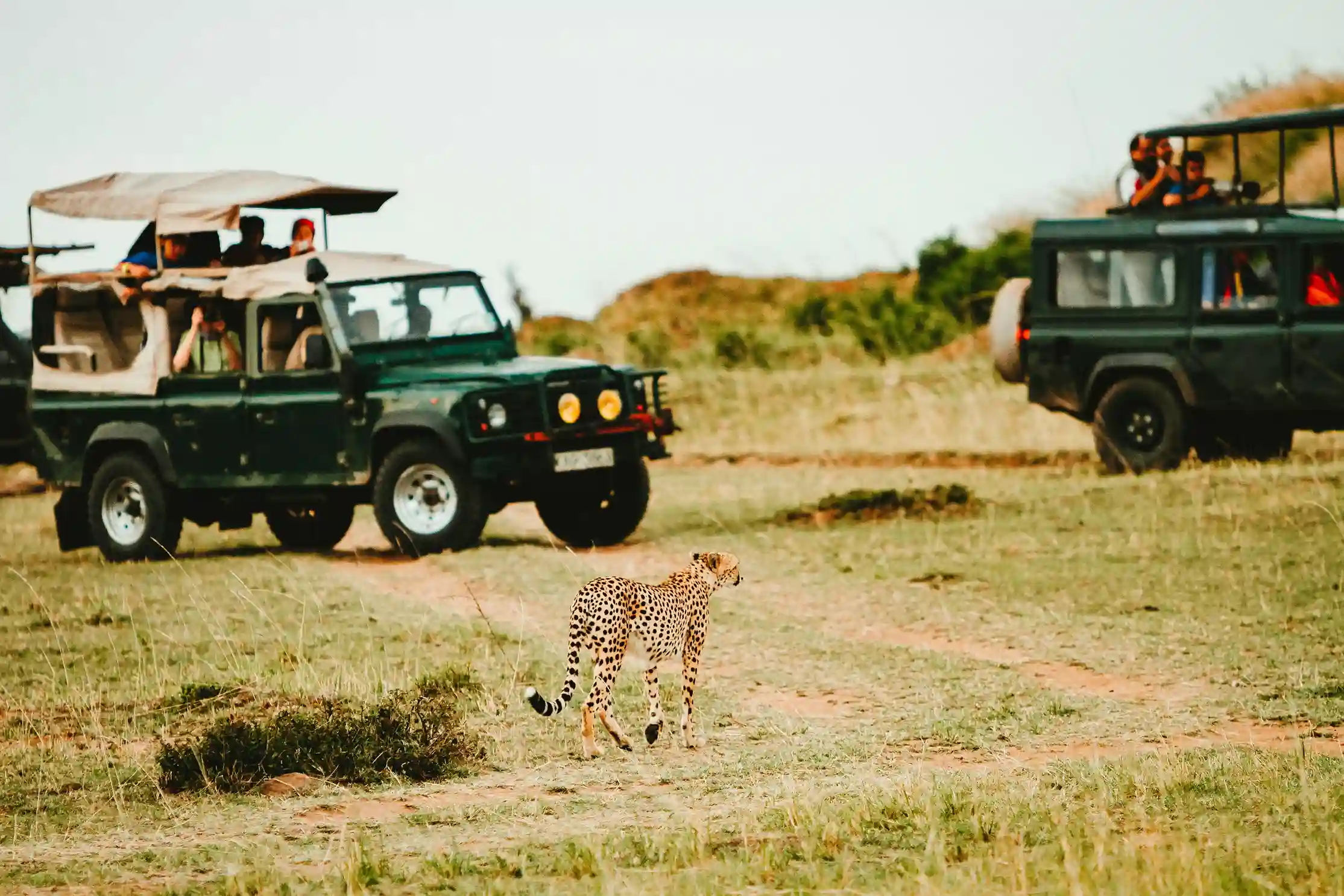
Your choice of accommodation can completely shape your safari experience. From ultra-luxury lodges to rustic camps, there’s something for every style and budget.
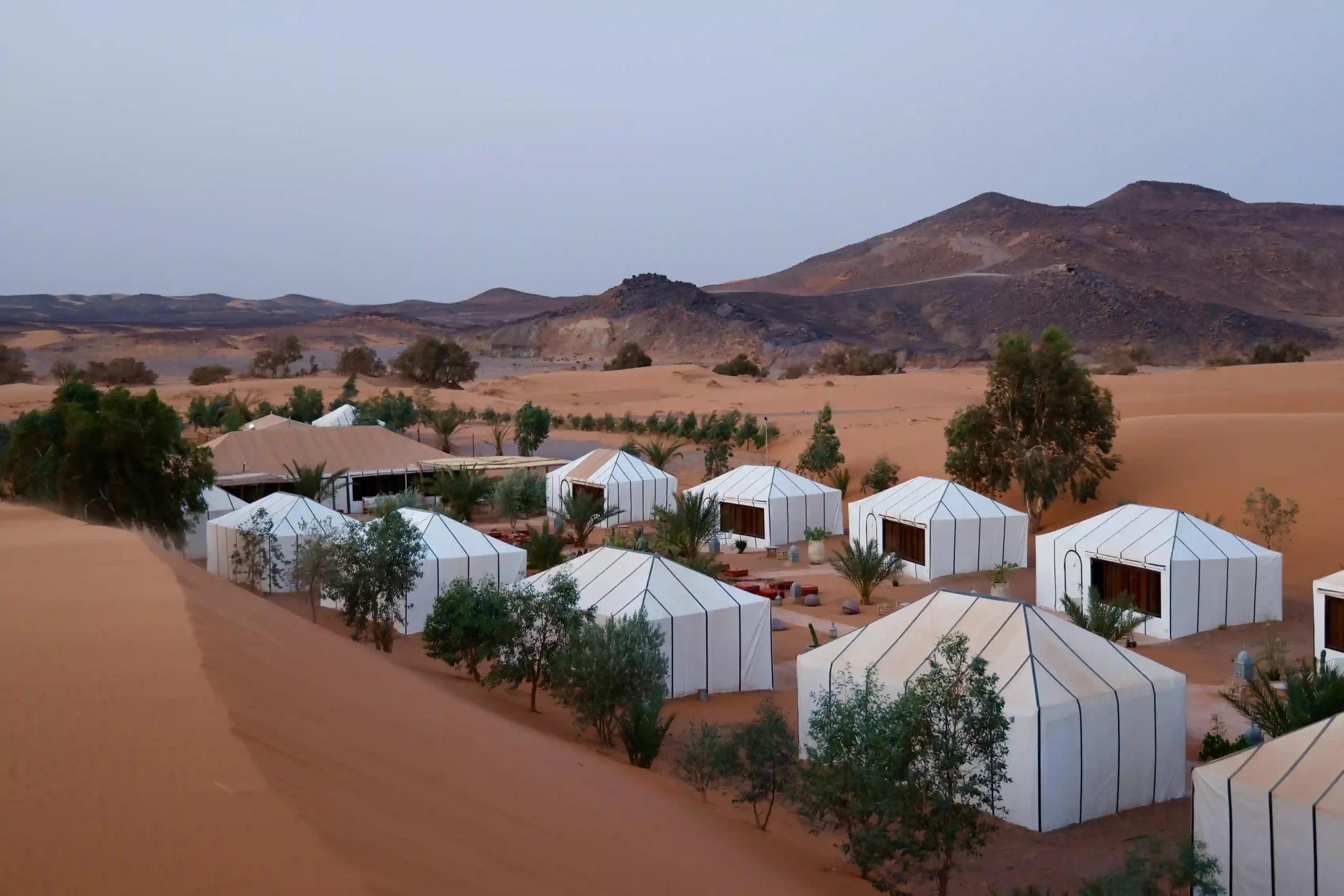
Luxury Lodges
Tented Camps
Budget Camps and Guesthouses
Inside the Park vs. Outside the Park
Is an African safari worth the cost? Absolutely. For many travelers, the chance to see lions on the hunt, elephants at a watering hole, or the Great Migration up close is a once-in-a-lifetime experience.
And the good news is, a safari doesn’t have to break the bank. Costs vary widely depending on comfort level, location, and season, so you can tailor the trip to your budget while still getting incredible value.
Average Costs
What’s Typically Included
What’s Often Not Included
Money-Saving Tips
Packing for a safari is all about being practical and comfortable. Conditions can change quickly, so a little preparation goes a long way.
Clothing
Gear
Health & Essentials
Quick Tip
Leave flashy clothing, heavy luggage, and strong perfumes at home. The simpler and lighter you pack, the easier your safari experience will be.
Safaris are very safe when you follow the rules, but it is important to remember that you are in the wild. Respecting wildlife and supporting conservation efforts will also make your trip more meaningful.
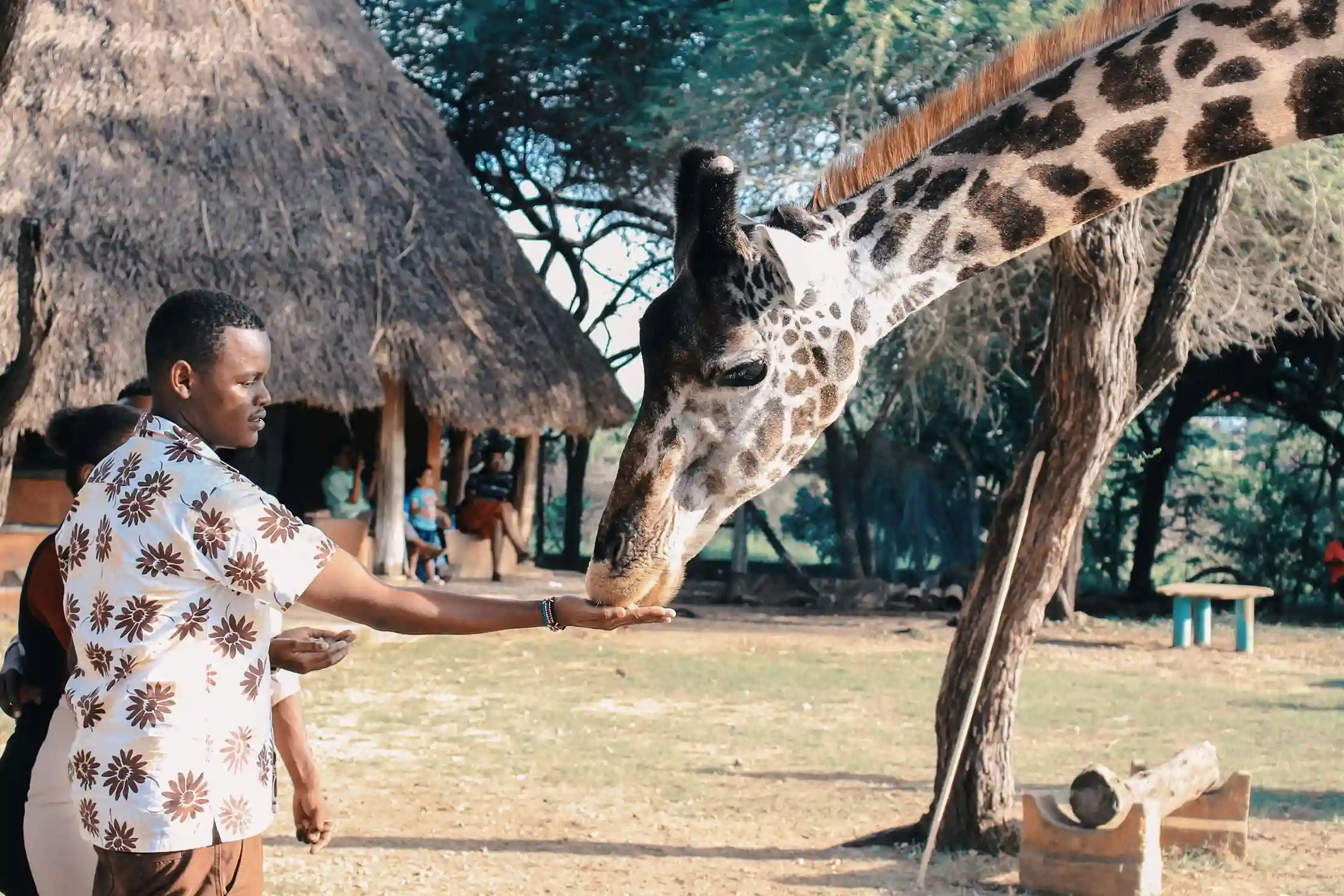
Staying Safe
Travel Responsibly
Quick Tip
The most dangerous animals on safari are not always the predators. Hippos and elephants cause more human injuries than lions or leopards, so always give them space.
Bringing children on safari can be a rewarding experience, but it does require extra planning. Some camps and lodges are more family-friendly than others, and certain rules are in place to ensure everyone’s safety.
Age Restrictions
Private Vehicles for Families
Kid-Friendly Camps
Practical Considerations
Quick Tip
Safaris can be life-changing for children, offering them a deeper connection with nature. Just make sure the camp and itinerary match your family’s needs before booking.
An African safari is one of the most unforgettable trips you can take — a chance to see incredible wildlife, connect with nature, and create lasting memories.
At US Group Travel, we make it simple by offering curated safari packages that balance adventure, culture, and comfort. From Kenya’s game reserves to top experiences in Zanzibar, our itineraries are designed to give you the best of Africa without the stress of planning.
Explore our curated safari packages or talk to a travel advisor today and start planning your journey into the wild.